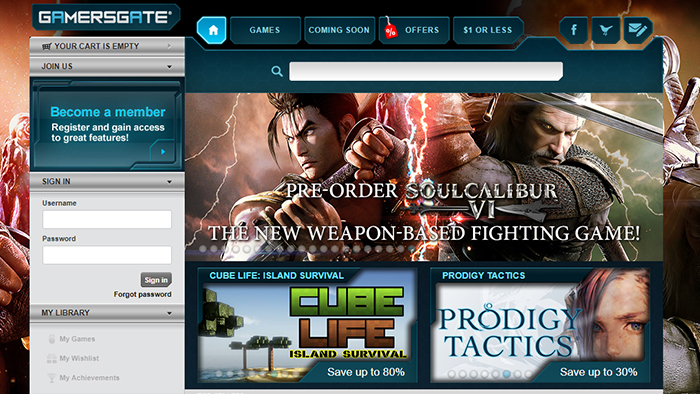
Each tile has six sides that connect to another tile, and units have a certain movement speed that is always depicted in tiles, which can be utilized in different ways. Great turn-based, strategic combat Civilization VI utilizes a hexagonal grid for movement and combat. Or you may decide to check each inmate individually to see who's tired from staying up late to dig while everyone else has been sleeping though that approach may not scale. You can decide to instead use tunnel-sniffing dogs set to patrol around the perimeter, but that will cost more money and if the inmates pick up on the patrolling patterns they will tunnel around them. For example, instituting regular shakedowns will help prevent prisoners from carrying banned items like forks taken from cafeterias that can be used to dig tunnels, but will also make the inmates more angry and thus more likely to riot. Every decision you make will impact all other elements of the game.
#CHEAP STEAM GAMES ONLINE HOW TO#
You have to figure out the layout of your prison, how to manage the needs of your inmates, how to earn enough money to expand and hire new staff, what to do in the case of a natural disaster, a riot or attempted escape and so on. See MoreĪmazing depth The game consists of a wide variety of overlapping systems that work together to create excellent depth. Streaming is best - you can ask questions, and most streamers will answer. Your best bet is to find videos of people playing the game with a bit more skill than you. You can pause the game at any time and find all the data you can handle, but if you're not just extracting the important parts, the deluge won't help. Determining what's important takes experience. But simply finding all these parts of the user interface takes time playing. For instance, rebel uprising progress can be tracked easily - you won't be surprised by a sudden uprising of Najdi nationalists, and when you're in for a long-term peasant revolt, the game will tell you why it's happening, how to prevent it, and how to get out of it once it happens. In the later patches, the user interface has been improving to help reduce surprises - and the game mechanics as well. The game does give you guidance in the form of alert bubbles in the upper left of the screen, informing you of the things it thinks are most relevant, and paying attention to those can at least show you what you might want to think about. Even after you've learned the basics, you'll still find yourself wondering: if I declare a holy war, will it cost me diplomatic power to annex territory or not? And it's often hard - certainly in ironman mode - to undo decisions, so small mistakes and misclicks can end up costing you a lot. You crush them and bring them under your control - and suddenly you find revolutions popping up everywhere. You start again and this time you find a weak neighbor with no allies.

You start over as a bigger country and attack a smaller neighbor - and suddenly you're in a war against several large countries at once.


You have a country and three thousand infantrymen - what can you do? You decide to attack your neighbor - and they cut you down like reeds. Steep learning curve When you start out, it can be overwhelming. And if you don't keep your country's internal affairs in order, you may find yourself on the wrong end of a peasant's war or facing other national disasters. Some require you to hire the right set of advisors. Some of them are specific to which country you're playing as. If you want to annex a neighbor, do you declare a holy war on them, or do you fabricate claims on their territory and demand that they "return" this land to you? Do you ally a much larger nation that might try to force you to be their vassal? Conversely, do you try to improve relations with a much smaller neighbor in order to become their suzerain overlord, or do you attempt to conquer them directly and risk pulling their larger allies into a war? On top of that, there are hundreds of events that can occur once certain preconditions are met. However, these interact to produce a large number of interesting decisions that affect your outcomes. There is a relatively limited set of choices you can make under normal circumstances: hiring advisors to improve your capabilities, hiring troops, about two dozen diplomatic actions in peace, and a number of different peace deal options when terminating a war. Lots of depth EUIV is a simulation of global politics and war.


 0 kommentar(er)
0 kommentar(er)
